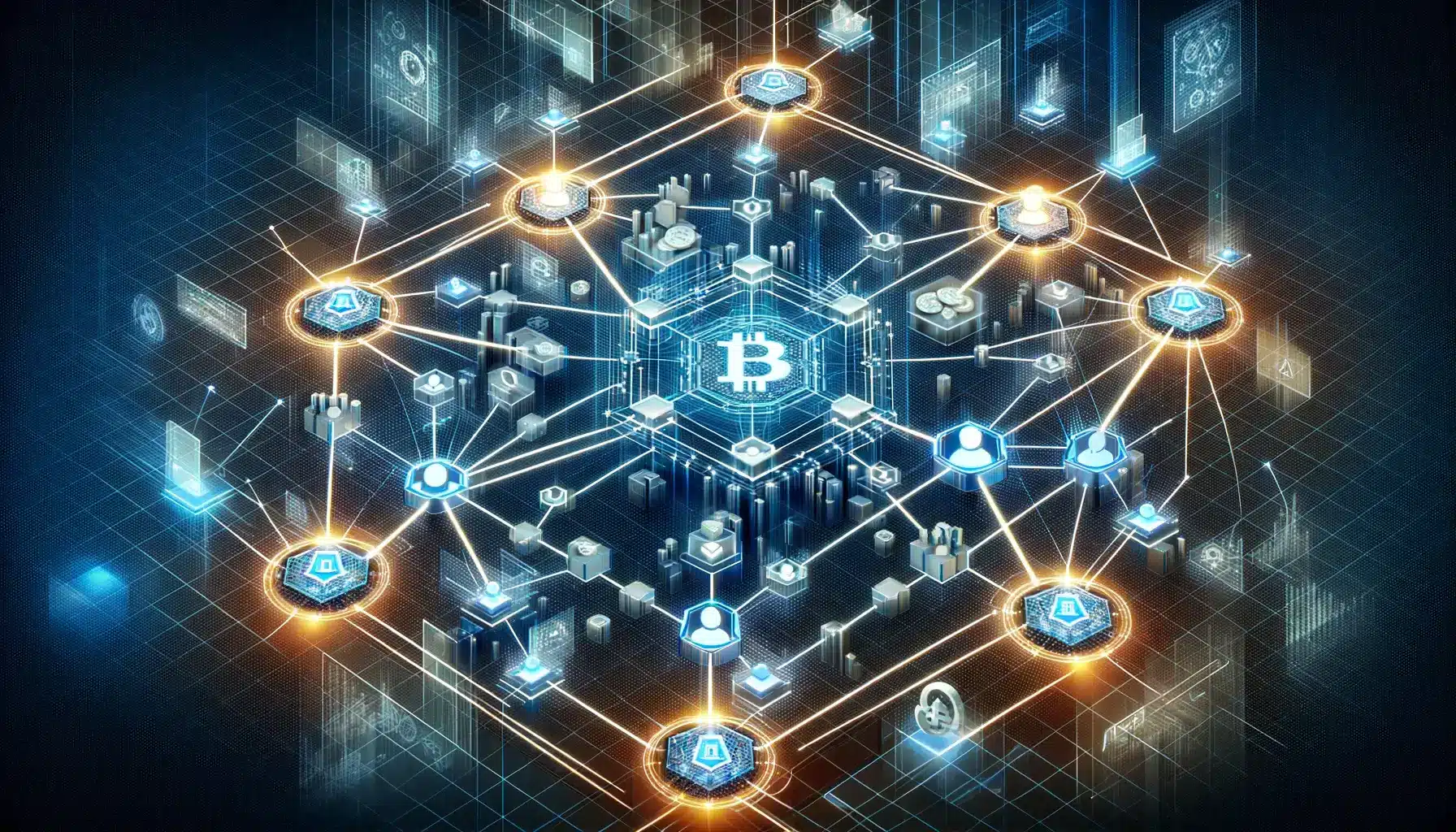Understanding DeFi Lending and Borrowing: A Comprehensive Guide
Decentralized Finance, or DeFi, is revolutionizing the financial landscape. By leveraging blockchain technology, DeFi offers an alternative to traditional financial services, enabling users to lend and borrow funds without intermediaries. But how exactly does DeFi lending and borrowing work, and what are its implications? Let’s dive in!
What is DeFi?
DeFi refers to a broad category of financial applications in cryptocurrency or blockchain geared towards disrupting financial intermediaries. Unlike traditional finance systems that rely on banks, brokers, or other middlemen, DeFi platforms are built on blockchain technology, ensuring transparency, security, and accessibility.
How Does DeFi Lending and Borrowing Work?
In traditional banking, when you want to lend or borrow money, you go through a bank. The bank acts as an intermediary, earning profit from the interest rate spread. In contrast, DeFi eliminates the middleman by using smart contracts on a blockchain network.
Lending in DeFi
Lenders deposit their cryptocurrency into a DeFi platform, which then makes these funds available for borrowers. The lenders earn interest on their deposits, which is often higher than traditional savings accounts due to the competitive nature of DeFi platforms.
Borrowing in DeFi
Borrowers provide collateral in the form of cryptocurrency to secure a loan. The amount of the loan they can receive is typically a percentage of the value of their collateral, known as the loan-to-value (LTV) ratio. Smart contracts manage the entire process, from collateral management to interest payments and loan repayments.
Benefits of DeFi Lending and Borrowing
- Accessibility: DeFi platforms are accessible to anyone with an internet connection, removing the barriers of traditional finance.
- Transparency: Blockchain technology ensures all transactions are transparent and verifiable.
- Higher Interest Rates: Due to the absence of intermediaries, DeFi platforms often offer higher interest rates to lenders.
- Global Reach: Users from any part of the world can participate, promoting financial inclusivity.
Risks of DeFi Lending and Borrowing
- Volatility: Cryptocurrency prices are highly volatile, which can impact the value of collateral.
- Smart Contract Vulnerabilities: Bugs or vulnerabilities in smart contracts can lead to loss of funds.
- Regulatory Risks: DeFi operates in a largely unregulated space, which can pose legal risks.
Popular DeFi Lending and Borrowing Platforms
- Aave: A decentralized money market protocol where users can lend and borrow cryptocurrencies.
- Compound: An algorithmic, autonomous interest rate protocol built for developers to unlock a universe of open financial applications.
- MakerDAO: Known for its DAI stablecoin, MakerDAO allows users to lock up Ethereum as collateral to generate DAI loans.

Getting Started with DeFi Lending and Borrowing
- Choose a Platform: Research and select a reputable DeFi platform.
- Set Up a Wallet: Use a compatible cryptocurrency wallet like MetaMask.
- Deposit Funds: Transfer your cryptocurrency to the DeFi platform.
- Lend or Borrow: Follow the platform’s instructions to start lending or borrowing.
Conclusion
DeFi lending and borrowing are transforming how we think about finance. By removing intermediaries and leveraging blockchain technology, DeFi offers a more inclusive, transparent, and potentially lucrative financial system. However, it’s crucial to understand the risks and do thorough research before diving in.
FAQs
What is DeFi lending?
DeFi lending is a decentralized way to lend cryptocurrencies using blockchain technology without traditional financial intermediaries.
How do I start borrowing in DeFi?
To start borrowing, choose a DeFi platform, set up a wallet, deposit collateral, and follow the platform’s borrowing process.
Are DeFi loans safe?
While DeFi loans offer many benefits, they come with risks such as market volatility and smart contract vulnerabilities. It’s essential to conduct thorough research and understand these risks.
What is a smart contract?
A smart contract is a self-executing contract with the terms of the agreement directly written into code, which automatically executes transactions on the blockchain. Read more on Smart Contract.
For more tips and insights on navigating the world of crypto investment strategies and cryptocurrencies, be sure to read other informative blogs at Freecoins24.io and follow us on Twitter and Telegram for the latest crypto updates.
















